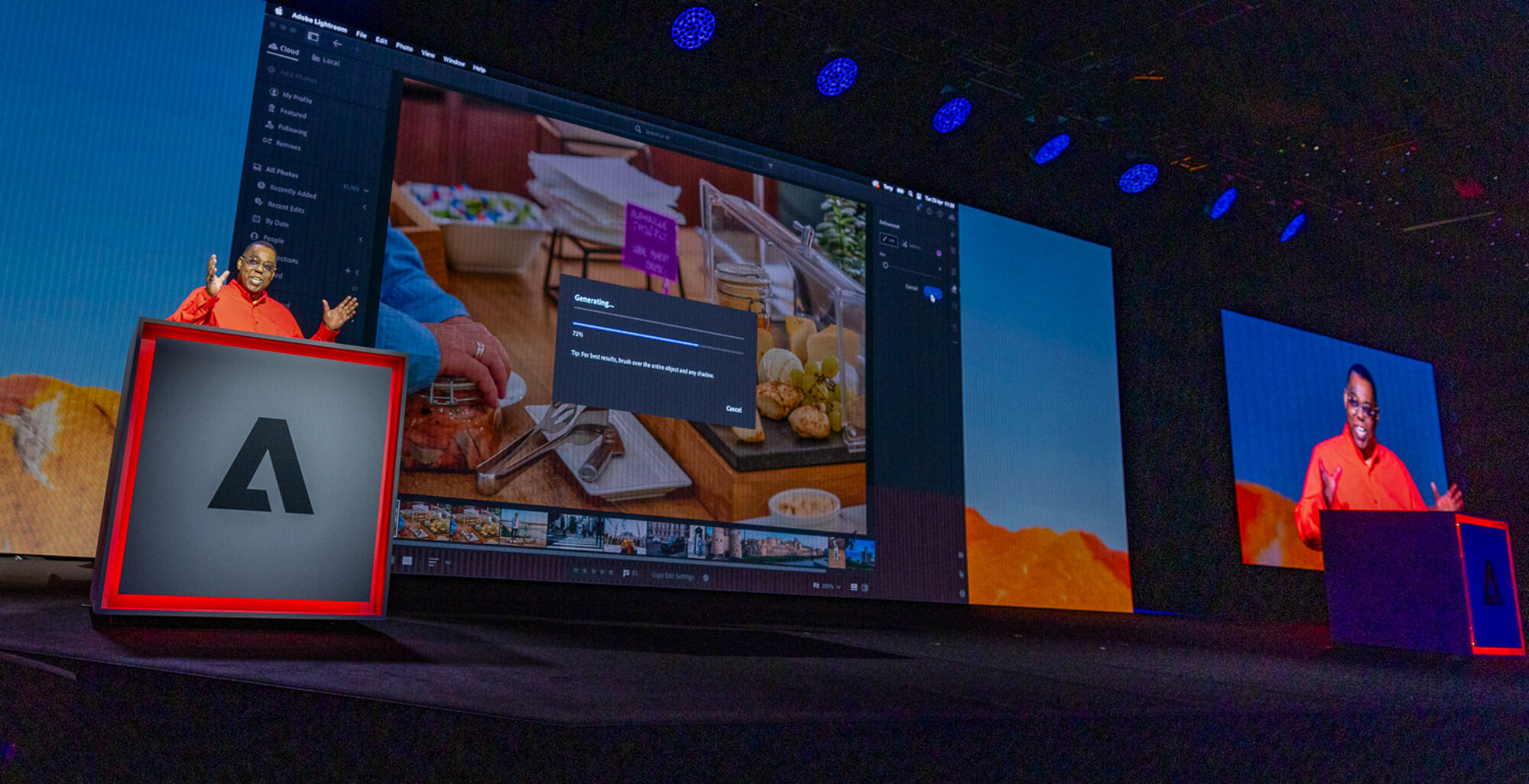The Evolution of the Best tech blog: A Trip Via Tech History and Future Trends
The Evolution of the Best tech blog: A Trip Via Tech History and Future Trends
Blog Article
Exactly How Blockchain Modern Technology Is Revolutionizing Data Security
Blockchain innovation is basically altering the landscape of data security by presenting a decentralized structure that guarantees enhanced transparency and durability. Unlike conventional systems, which depend on central information databases, blockchain distributes information across a network, minimizing susceptabilities and single points of failure. Making use of innovative cryptographic strategies guarantees that information remains tamper-proof, fostering count on amongst stakeholders and individuals. As markets quickly adapt to this technology, concerns arise regarding its broader effect and prospective difficulties. What implications does this change hold for future information defense techniques and regulative structures? The solutions might amaze you (Best tech blog).
The Essentials of Blockchain
Blockchain modern technology, an advanced principle in digital data monitoring, essentially transforms exactly how information is stored and protected. At its core, a blockchain is a distributed journal that records deals across a network of computer systems, making certain openness and immutability.
Secret to comprehending blockchain is the hashing procedure, which secures purchase data right into an unique alphanumeric code. This cryptographic function guarantees that any kind of modification in the deal data causes a totally different hash, therefore protecting against meddling. The consensus mechanism, an additional critical component, confirms and confirms new purchases with a network of nodes, thereby eliminating the requirement for a centralized authority.
Additionally, blockchain's append-only framework guarantees that data, as soon as included, can not be removed or altered. This particular assurances a verifiable and long-term document of purchases, promoting depend on amongst participants. Therefore, blockchain supplies a robust framework for data integrity, using markets a dependable technique for tracking and managing electronic information in a safe and secure, clear fashion.
Decentralization and Safety
Decentralization, a core concept of blockchain technology, substantially enhances information safety and security by distributing control across a network rather than counting on a particular, central entity. By dispersing data across various nodes, blockchain makes sure that even if one node is compromised, the whole network stays secure.

Furthermore, decentralization empowers customers with greater control over their information. Each participant in the network has accessibility to the whole blockchain, enabling them to verify and audit purchases separately. This transparency promotes count on among users, as they do not need to depend on a main authority to make sure data stability. On the whole, decentralization contributes in improving information security in blockchain networks.

Cryptographic Techniques
At the heart of blockchain innovation, cryptographic methods play a pivotal duty in protecting information, making certain both discretion and honesty. These techniques are fundamental to the blockchain's ability to firmly tape purchases in a decentralized way. Cryptography in blockchain uses a mix of asymmetric and symmetric formulas to encrypt information, making it available just to authorized events - Best tech blog. Public and exclusive essential sets are central to this process, enabling for safe verification and identity verification without exposing delicate details.
Hash features visit this page are an additional essential component, transforming input data into a fixed-size string of characters, effectively developing a distinct digital finger print for every block. This ensures that any type of attempt to change the data will certainly lead to a totally different hash, hence preserving the immutability of the blockchain. Moreover, digital trademarks confirm the credibility and stability of transactions, providing a layer of non-repudiation.
The decentralized nature of blockchain, combined with robust cryptographic strategies, gets rid of the need for intermediaries, reducing potential vulnerabilities. As blockchain technology progresses, improvements in cryptography such as zero-knowledge proofs and homomorphic encryption remain to improve protection steps, better strengthening data security in this revolutionary digital journal system.
Usage Cases Throughout Industries

In the medical care market, blockchain makes sure the safe storage and sharing of individual records, promoting interoperability while safeguarding sensitive data from unauthorized access. This technology encourages clients with control over their case history and assists in seamless control amongst doctor.
Supply chain administration benefits dramatically from blockchain's unalterable journal, which ensures traceability and credibility of items from origin to consumer. By improving transparency, blockchain assists mitigate concerns such as counterfeiting and underhanded sourcing.
Furthermore, blockchain's decentralized nature is reshaping the power sector by making it possible for peer-to-peer energy trading, where consumers can buy and sell excess renewable resource directly. This fosters a much more effective and lasting power ecosystem.
In the realm of copyright, blockchain provides a tamper-proof platform for developers to register and secure their works, making certain rightful acknowledgment and fair settlement. These varied usage cases highlight blockchain's role as a critical force in redefining data security throughout industries.
Future of Data Protection
As we aim to the future of data protection, blockchain technology is poised to play a crucial duty in more helpful hints guarding digital details. With its decentralized and immutable attributes, blockchain supplies a robust framework for safeguarding sensitive information versus unauthorized gain access to and cyber threats. This modern technology makes certain that once data is tape-recorded, it is nearly impossible to modify without discovery, therefore offering a substantial benefit over standard information storage techniques.
The combination of blockchain with various other sophisticated innovations, such as expert system and the Internet of Points (IoT), is expected to enhance data protection techniques further. By leveraging smart contracts, companies can automate and enforce safety procedures, minimizing human mistake and boosting efficiency. Additionally, blockchain's capability to supply transparent and deducible deals will strengthen trust fund and accountability in data monitoring practices.
As regulatory landscapes evolve, blockchain's compliance-friendly nature will certainly end up being significantly pertinent. It can assist organizations meet rigid data protection regulations, such as the go General Information Protection Regulation (GDPR) and the California Consumer Privacy Act (CCPA), by supplying proven documents of information processing tasks. Inevitably, blockchain's special characteristics placement it as a transformative device in the ongoing quest to secure the digital globe against ever-evolving cyber threats.
Verdict
Blockchain modern technology stands for a paradigm change in data safety by leveraging decentralization and cryptographic techniques to boost transparency, trust fund, and data honesty. Its capability to eliminate single points of failure and utilize agreement devices substantially lowers the risk of fraudulence and cyberattacks. This ingenious framework not just equips customers with greater control over their information but additionally aligns with governing compliance. As cyber risks advance, blockchain emerges as a vital tool for durable data protection throughout various sectors.
Blockchain technology is fundamentally altering the landscape of information security by introducing a decentralized structure that promises enhanced openness and strength. Unlike typical systems, which count on centralized data databases, blockchain distributes data across a network, reducing susceptabilities and solitary points of failure.Decentralization, a core concept of blockchain innovation, significantly enhances information protection by distributing control throughout a network instead than relying on a particular, centralized entity.At the heart of blockchain innovation, cryptographic methods play an essential duty in protecting data, guaranteeing both privacy and honesty.Blockchain modern technology stands for a standard change in information protection by leveraging decentralization and cryptographic methods to improve transparency, trust, and information integrity.
Report this page